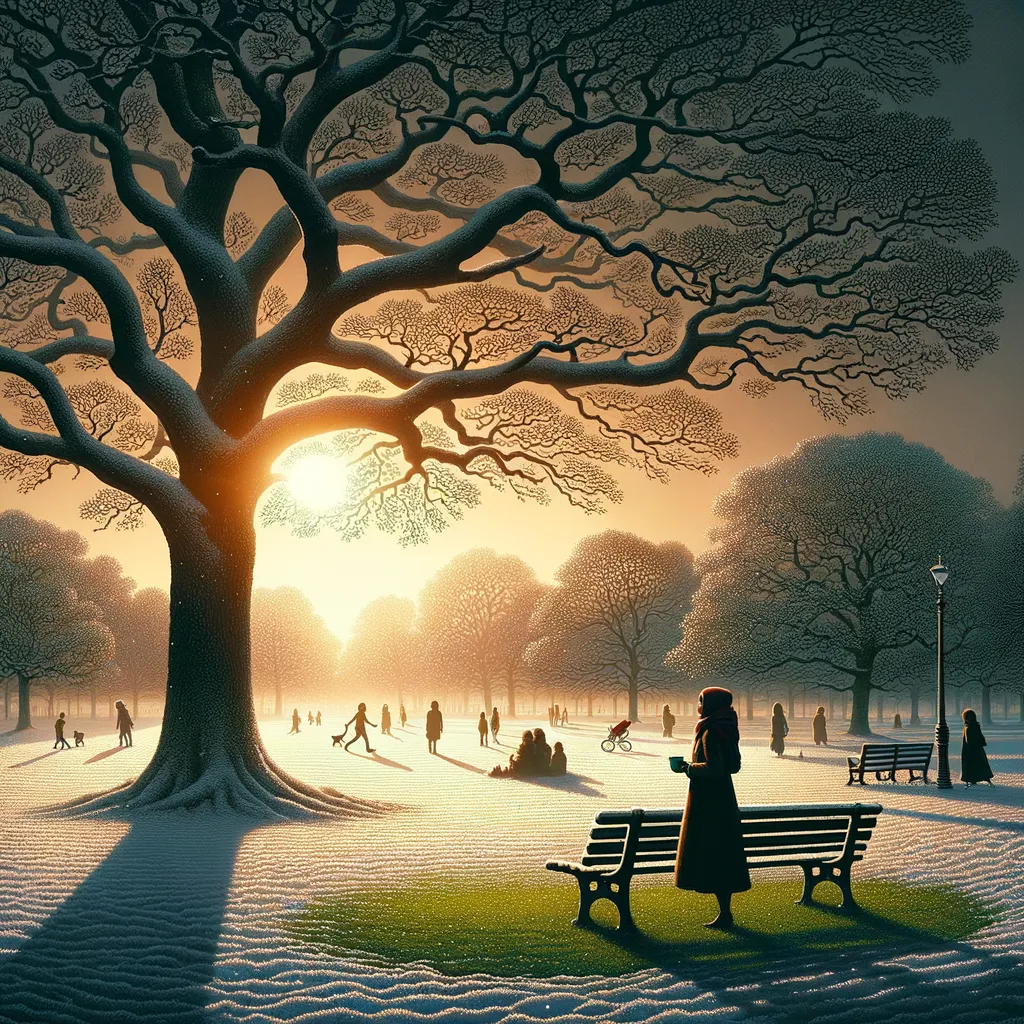Unlocking Memories: A Wooden Box’s Hidden Secrets
Amidst the remnants of a life once lived, a small, intricately carved wooden box emerges as a poignant symbol of nostalgia and loss. Gifted by a grandmother whose laughter still echoes in memory, the box held childhood dreams and secrets, each item a portal to a moment suspended in time. Yet, in the chaos of adolescence, it was carelessly discarded, leaving behind an emotional void that revealed the fragility of memory and the bittersweet nature of growth. As years passed and new experiences filled the space it once occupied, the realization dawned that the true essence of the box was not in its physical form but in the emotions and stories it embodied. This journey of discovery became a testament to the lessons learned about cherishing intangible treasures and understanding the profound impact of what we choose to let go.
In the memory of January 29, 2005, I find myself sifting through the remnants of a life once lived, a kaleidoscope of moments captured and now faded. It was a day like any other, yet it bore the weight of an object that had woven itself into the very fabric of my existence—a small, intricately carved wooden box, a treasure chest of sorts, gifted to me by a grandmother whose laughter echoed like music through the years. The box, with its delicate engravings, held not just trinkets but whispers of childhood dreams and untold secrets.
As I close my eyes, I can almost feel the cool, smooth wood beneath my fingers. Each curve and edge was a reminder of the love that crafted it, a labor of devotion that spoke volumes without a single word. Inside, it housed the relics of my youth: a faded ticket stub from a concert that made my heart race, a lock of hair from my first haircut, and notes penned in hasty scrawl, full of wishes that seemed monumental at the time. Each item was a portal to a memory, a moment suspended in time, waiting to be revisited.
Yet, like many things in life, the box was not meant to last. As I grew, so did the clutter of adolescence, and the box found itself overshadowed by the chaos of new interests and teenage angst. One day, in a fit of cleaning, I tossed it aside, unaware of the treasure I had relinquished. It was only in its absence that I began to grasp the emotional void it left behind, a silent echo of loss that resonated deeper than I could have anticipated.
The act of letting go became a metaphor for the passage of time—a reminder that some moments, no matter how cherished, are destined to slip through our fingers. It dawned on me that the wooden box was not just an object; it was a vessel of nostalgia, a representation of innocence that I had unwittingly sacrificed. In its emptiness, I discovered the fragility of memory, how easily it can be altered or erased by the hands of time and the whims of youth.
Reflecting on the box, I realized that it symbolized the duality of existence: the joy of holding onto something precious and the sorrow of knowing that nothing is permanent. Each item inside was a testament to growth, yet it also reminded me of the shadows that accompany change. There was a bittersweet beauty in the way I had outgrown my childhood, but at what cost?
Months turned into years, and life unfolded in unpredictable ways. New treasures came and went, but none could replace the intimate familiarity of that carved box. I filled my life with experiences and people, yet there remained a space, an emotional cavity, where the box had once resided. It was a profound realization—that sometimes, the things we lose reveal more about ourselves than the things we choose to keep.
In the quiet moments of reflection, I often found myself wondering about the stories locked away in that box, tales that had shaped my identity. It dawned on me that the items I had discarded were not merely possessions; they were fragments of my soul, echoes of who I was and who I was becoming. The act of letting go had inadvertently opened a window to self-discovery, a realization that the past is never truly lost but instead transforms, morphing into something new.
Amidst this journey of discovery, I found solace in the idea that memories, though intangible, possess a weight of their own. They linger like shadows, guiding us through the maze of life. While the box itself was gone, the essence of what it represented remained—an enduring testament to love, growth, and the inevitable march of time.
As I navigate the complexities of adulthood, I carry with me the lessons learned from that small wooden box. It taught me to cherish the moments, to hold onto the intangible treasures that shape our hearts and minds. The realization struck me like a bolt of lightning: perhaps it is not the object itself that matters, but the emotions it evokes and the stories it tells.
In the end, I am left with a lingering question, echoing through the corridors of my mind: What do we truly lose when we let go of the objects that once defined us, and how do those losses shape the narrative of our lives?
In the quiet spaces where memories linger, the true treasures of existence are not the objects we possess, but the emotions they evoke and the stories they whisper to our souls.



